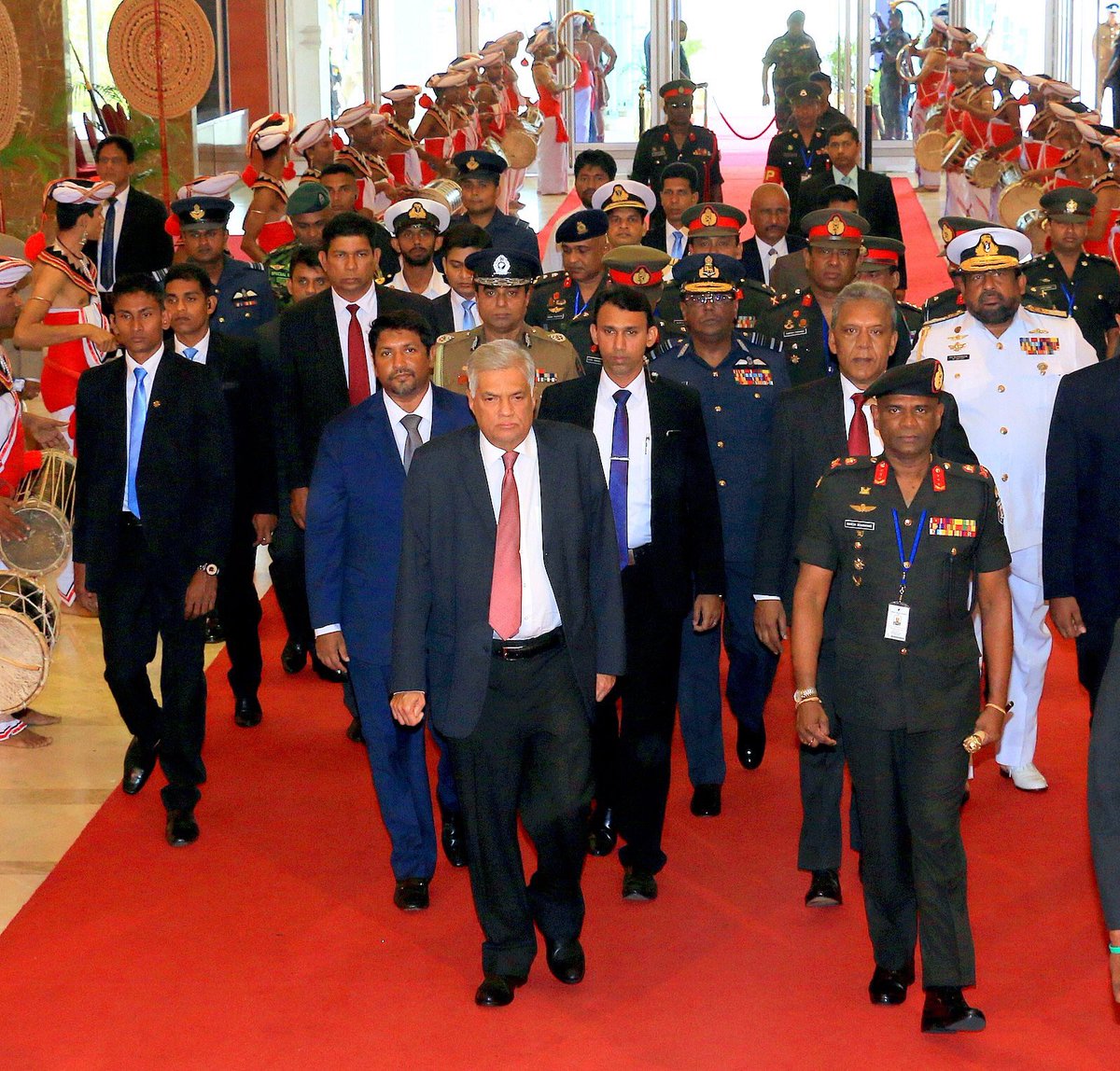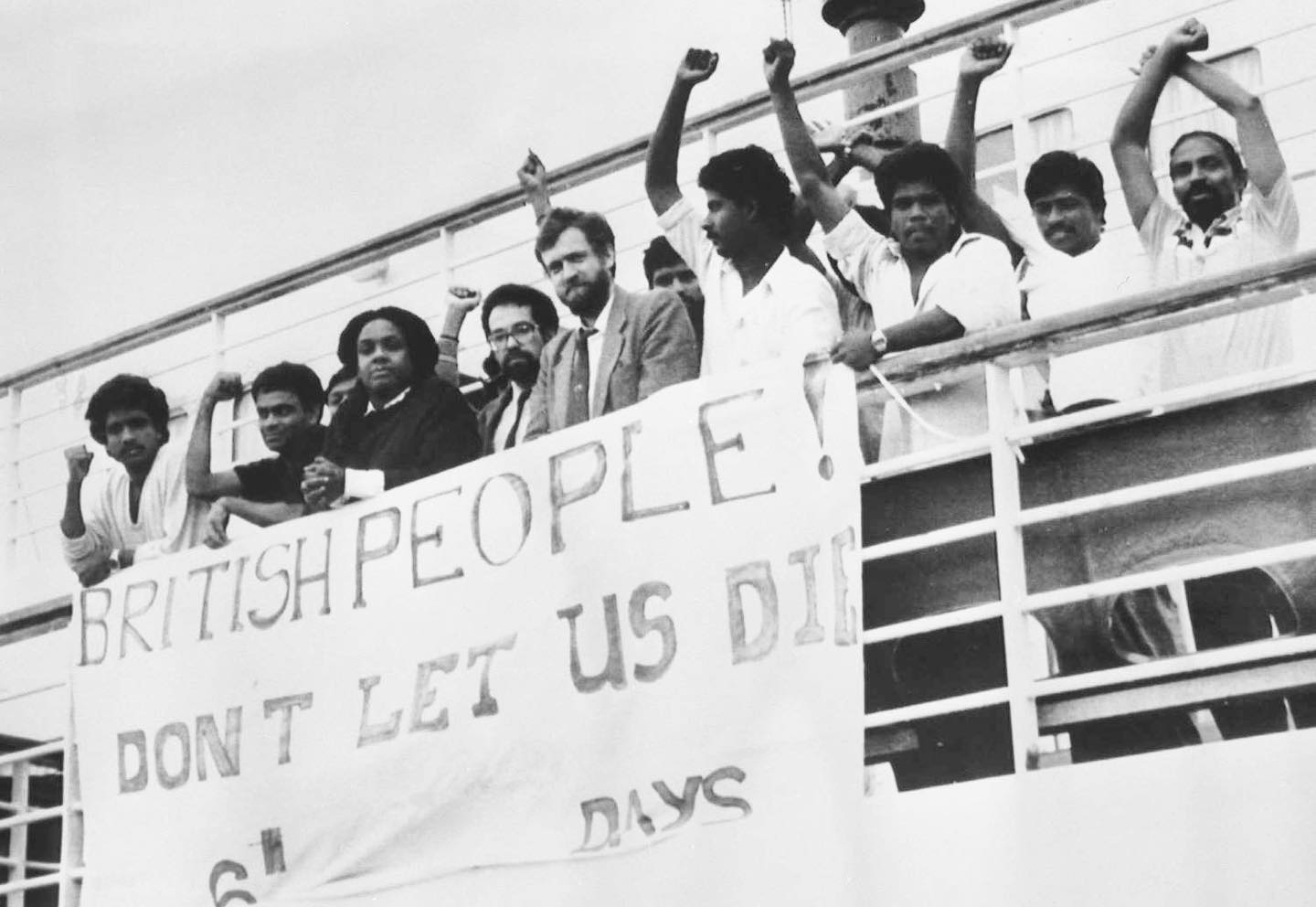Sri Lanka’s hypocrisy on Gaza needs calling out
The violence in Israel and Palestine over the last month has been horrific. Thousands have already been killed and it shows no signs of abating in the days and weeks to come. For many around the world, Eelam Tamils included, it has been difficult to observe. But what has added to the dismay for Tamils in particular, is the hypocritical response by Sri Lankans across the political spectrum to the violence in Gaza.









